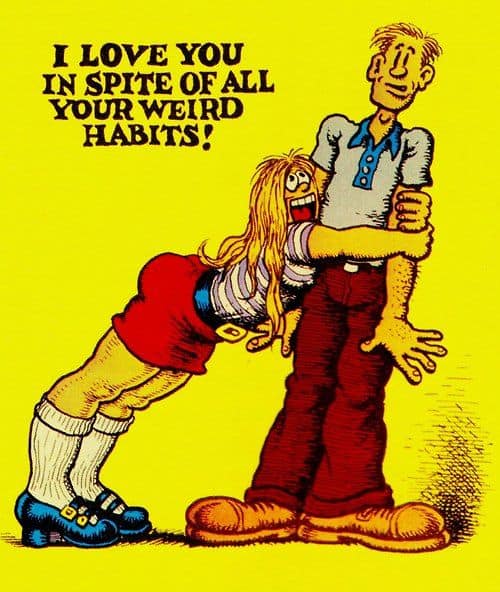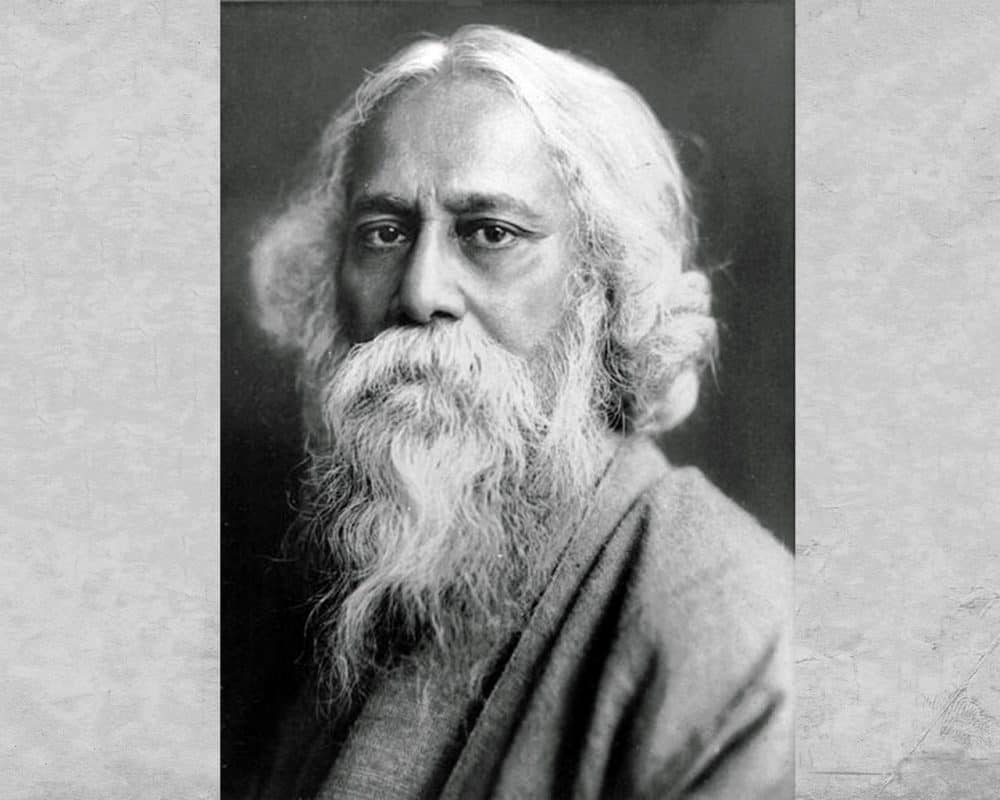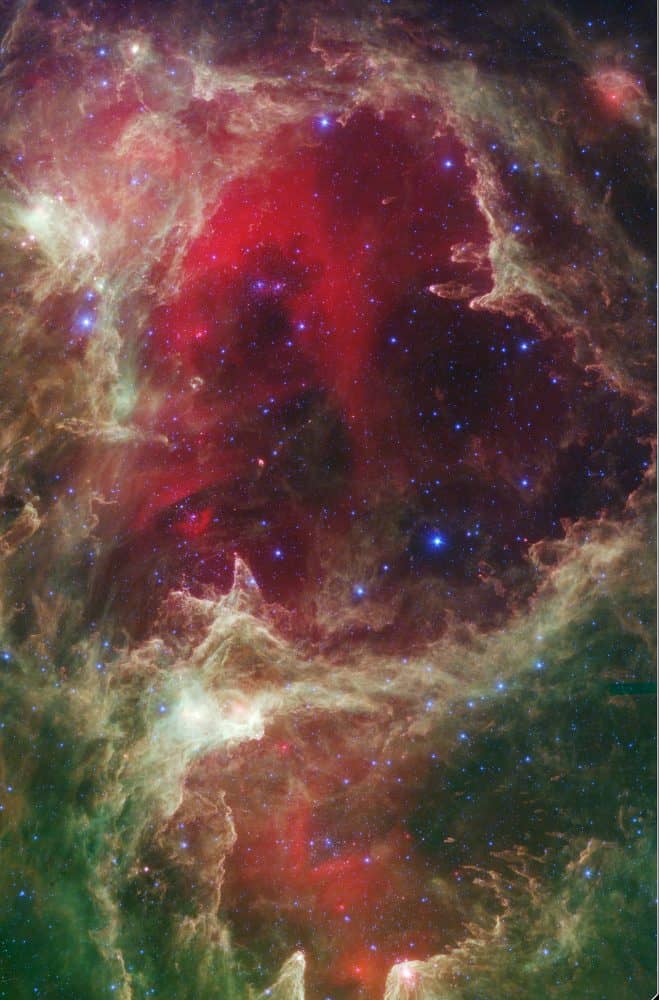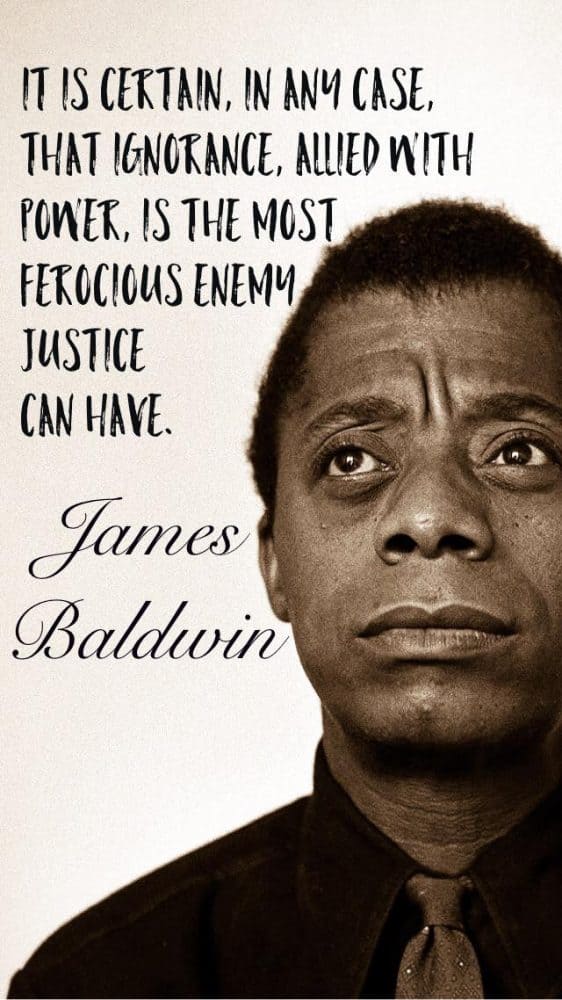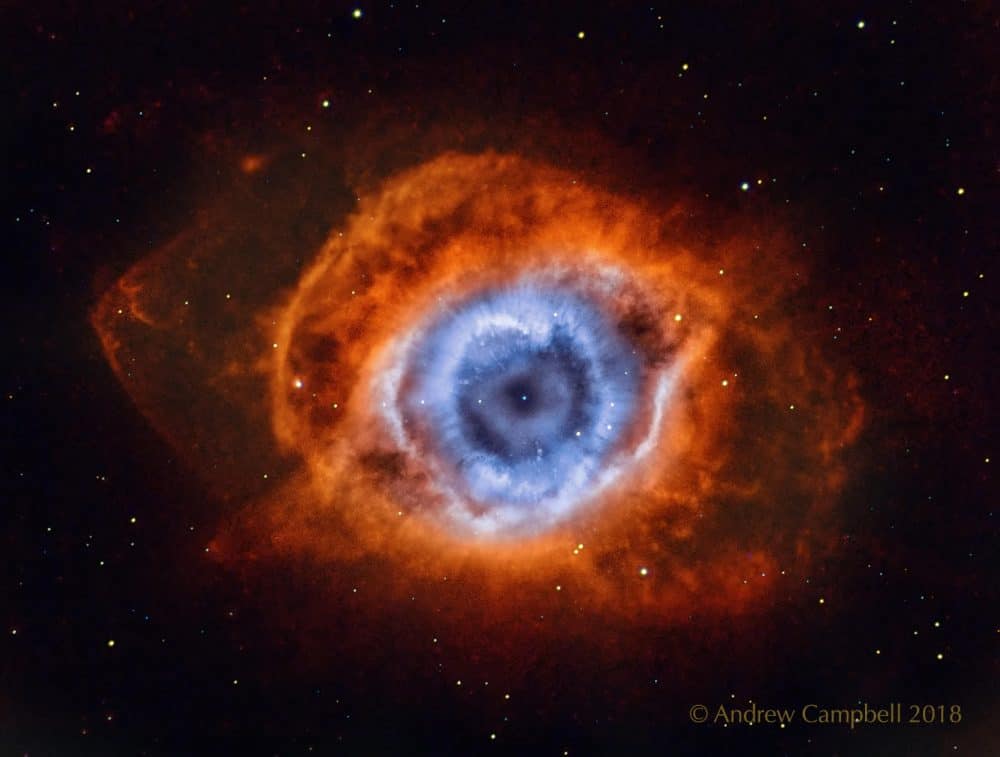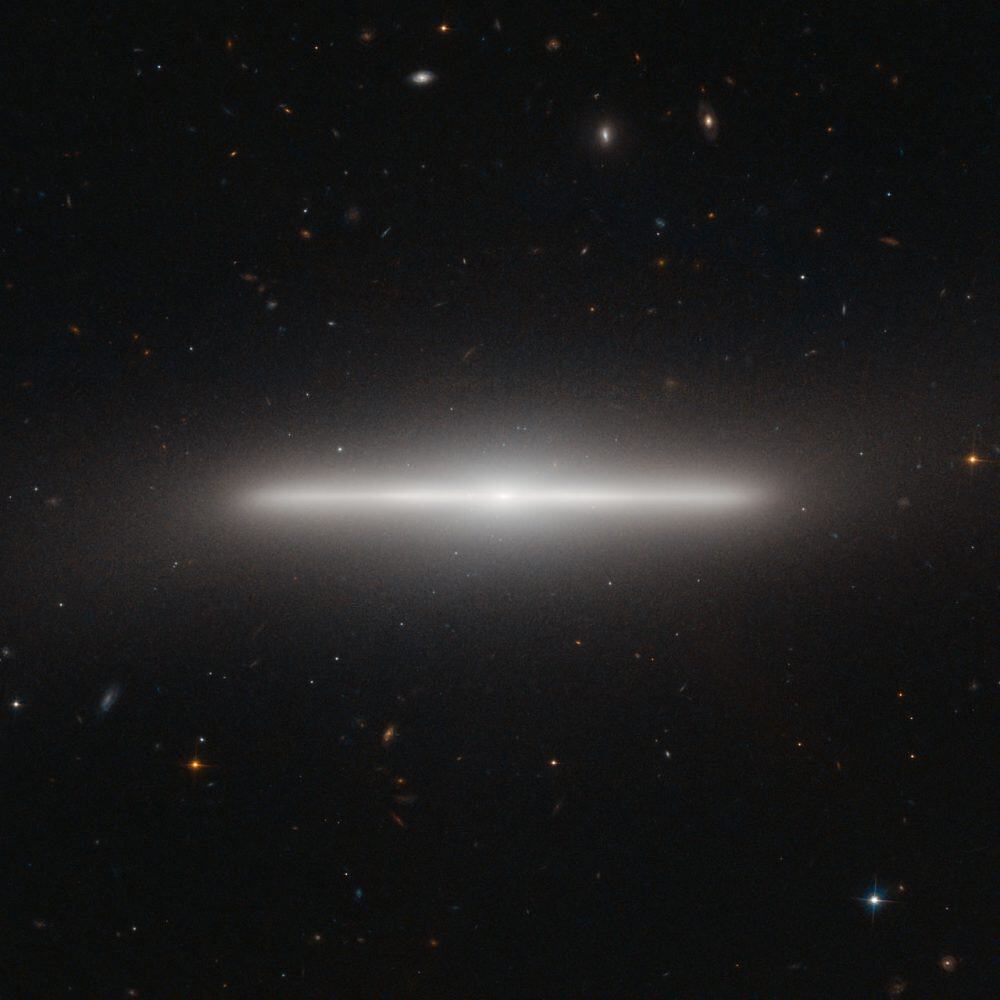Blog
Harold Arlen (born Hyman Arluck; February 15, 1905 – April 23, 1986) was an American composer of popular music who composed over 500 songs, a number of which have become known worldwide. In addition to composing the songs for the 1939 film The Wizard of Oz (lyrics by Yip Harburg), including the classic “Over the Rainbow“, Arlen is a highly regarded contributor to the Great American Songbook. “Over the Rainbow” was voted the 20th century’s No. 1 song by the Recording Industry Association of America (RIAA) and the National Endowment for the Arts (NEA).
Arlen was born in Buffalo, New York, United States, the child of a cantor. His twin brother died the next day. He learned to play the piano as a youth, and formed a band as a young man. He achieved some local success as a pianist and singer before moving to New York City in his early twenties, where he worked as an accompanist in vaudeville and changed his name to Harold Arlen. Between 1926 and about 1934, Arlen appeared occasionally as a band vocalist on records by The Buffalodians, Red Nichols, Joe Venuti, Leo Reisman, and Eddie Duchin, usually singing his own compositions.
more...World Music on Flamenco Fridays featuring Tarantas. Tarantas and Taranto are two related styles (palos) of Flamenco music, that originated in the Andalusian province of Almería. Each is characterized by a shared modality (F-sharp Phrygian) and harmonic progression (Bm – A7 – G – F-sharp), but differ significantly with respect to rhythm and meter. Tarantas is a cante libre (or toque libre, if played as a solo), meaning that it lacks both a regular rhythmic pattern (compás, in flamenco terminology) and a regular rhythmic unit (or beat). It can be sung or played, but not danced. Taranto, conversely, has a regular 2/4 meter, and is danceable. When played on, or accompanied by, the guitar, both palos have a unique and characteristic sound that is created, in part, by dissonances that result from the use of the guitar’s first three open strings (E, B, and G, respectively), in combination with harmonies and melodies based on the F-sharp Phrygian mode.
more...Westerhout 5 (Sharpless 2-199, LBN 667, Soul Nebula) is an emission nebula located in Cassiopeia. Several small open clusters are embedded in the nebula: CR 34, 632, and 634 (in the head) and IC 1848 (in the body). The object is more commonly called by the cluster designation IC 1848.
Small emission nebula IC 1871 is present just left of the top of the head, and small emission nebulae 670 and 669 are just below the lower back area.
The galaxies Maffei 1 and Maffei 2 are both nearby the nebula, although light extinction from the Milky Way makes them very hard to see. Once thought to be part of the Local Group, they are now known to belong to their own group- the IC 342/Maffei Group.
This complex is the eastern neighbor of IC1805 (Heart Nebula) and the two are often mentioned together as the “Heart and Soul”.
more...Timothy Charles Buckley III (February 14, 1947 – June 29, 1975) was an American singer-songwriter and guitarist. His music and style changed considerably through the years; he began his career based in folk music, but his subsequent albums experimented with jazz, psychedelia, funk, soul, the avant-garde and an evolving “voice as instrument” sound. Though he did not find commercial success during his lifetime, Buckley is admired by later generations for his innovation as a musician and his vocal ability. He died at the age of 28 from a heroin overdose, leaving behind his sons Taylor and Jeff Buckley, the latter of whom went on to become a musician as well.
Merl Saunders (February 14, 1934 – October 24, 2008) was an American multi-genre musician who played piano and keyboards, favoring the Hammond B-3 console organ.
Born in San Mateo, California, Saunders attended Polytechnic High School in San Francisco. In his first band in high school was singer Johnny Mathis. He served in the Air Force from 1953 to 1957. He worked as musical director of the Billy Williams Revue and served in a similar capacity in Oscar Brown Jr.‘s off-Broadway show, Big Time Buck White.
He gained notice in the 1970s when he began collaborating with Jerry Garcia, with whom he had begun playing in 1971 at a small Fillmore Street nightclub called The Matrix. He sat in with the Grateful Dead, and co-founded the Saunders/Garcia Band which produced three albums, and which became the Legion of Mary with the addition of Martin Fierro (sax) in 1974. It disbanded the following year, but he and Garcia continued to collaborate in the band Reconstruction during 1979, collaborating with Ed Neumeister (trombone), Gaylord Birch (drums) and John Kahn (bass).
He led his own band as Merl Saunders and Friends, playing live dates with Garcia, as well as Mike Bloomfield, David Grisman, Michael Hinton, Tom Fogerty, Vassar Clements, Kenneth Nash, John Kahn and Sheila E.. He also collaborated with Grateful Dead percussionist Mickey Hart in the band High Noon.
https://www.youtube.com/watch?v=VsCPNMA7dpA
more...Fernando Sor or Josep Ferran Sorts i Muntades (baptized 14 February 1778 – died 10 July 1839) was a Spanish classical guitarist and composer. While he is best known for his guitar compositions, he also composed music for a wide range of genres, including opera, orchestra, string quartet, piano, voice, and ballet. His ballet score Cendrillon (Cinderella) received over one hundred performances. Sor’s works for guitar range from pieces for beginning players to advanced players such as Variations on a Theme of Mozart. Sor’s contemporaries considered him to be the best guitarist in the world, and his works for guitar have been widely played and reprinted since his death. Although modern classical guitar players usually do, Sor rarely used his ring finger and refused the usage of nails when playing.
As Sor’s works were published in various countries, his name was translated, leading to variations in the spelling. Variations have included Joseph Fernando Macari Sors, Fernando Sor, Ferran Sor, Ferdinand Sor, and Ferdinando Sor.
https://www.youtube.com/watch?v=89gk5hdz2EI
more...Tuva, a remote Russian Republic on the Siberian-Mongolian border
https://www.youtube.com/watch?v=CHGens9j7TM
more...The Helix Nebula is so named because it also appears that you are looking down the axis of a helix. In actuality, it is now understood to have a surprisingly complex geometry, including radial filaments and extended outer loops. The Helix Nebula (aka NGC 7293) is one of brightest and closest examples of a planetary nebula, a gas cloud created at the end of the life of a Sun-like star. The remnant central stellar core, destined to become a white dwarf star, glows in light so energetic it causes the previously expelled gas to fluoresce. The featured picture, taken in the light emitted by oxygen (shown in blue) and hydrogen (shown in red), was created from 74 hours of exposure over three months from a small telescope in a backyard of suburban Melbourne, Australia. A close-up of the inner edge of the Helix Nebula shows complex gas knots of unknown origin. The Helix Nebula in the constellation of Aquarius lies about 700 light-years away, spanning about 0.8 parsecs (2.5 light-years).
more...
Peter Brian Gabriel (born 13 February 1950) is an English singer, songwriter, and record producer who rose to fame as the original lead singer of the progressive rock band Genesis. After leaving Genesis in 1975, Gabriel launched a successful solo career with “Solsbury Hill” as his first single. His 1986 album, So, is his best-selling release and is certified triple platinum in the UK and five times platinum in the U.S. The album’s most successful single, “Sledgehammer“, won a record nine MTV Awards at the 1987 MTV Video Music Awards and, according to a report in 2011, it was MTV‘s most played music video of all time.
Gabriel has been a champion of world music for much of his career. He co-founded the WOMAD festival in 1982. He has continued to focus on producing and promoting world music through his Real World Records label. He has also pioneered digital distribution methods for music, co-founding OD2, one of the first online music download services.[13]Gabriel has also been involved in numerous humanitarian efforts. In 1980, he released the anti-apartheid single “Biko“.[12] He has participated in several human rights benefit concerts, including Amnesty International‘s Human Rights Now! tour in 1988, and co-founded the Witness human rights organisation in 1992. Gabriel developed The Elders with Richard Branson, which was launched by Nelson Mandela in 2007.
Gabriel has won three Brit Awards—winning Best British Male in 1987, six Grammy Awards, thirteen MTV Video Music Awards, the first Pioneer Award at the BT Digital Music Awards, the Q magazine Lifetime Achievement, the Ivor Novello Award for Lifetime Achievement, and the Polar Music Prize. He was made a BMI Icon at the 57th annual BMI London Awards for his “influence on generations of music makers”.
https://www.youtube.com/watch?v=uTAaKAVpOOM
more...Wardell Gray (February 13, 1921 – May 25, 1955) was an American jazz tenor saxophonist who straddled the swing and bebop periods.
In early 1935, Gray began attending Northeastern High School, and then transferred to Cass Technical High School, which is noted for having Donald Byrd, Lucky Thompson and Al McKibbon as alumni. He left in 1936, before graduating. Advised by his brother-in-law Junior Warren, as a teenager he started on the clarinet, but after hearing Lester Young on record with Count Basie, he was inspired to switch to the tenor saxophone.
Gray’s first musical job was in Isaac Goodwin‘s small band, a part-time outfit that played local dances. When auditioning for another job, he was heard by Dorothy Patton, a young pianist who was forming a band in the Fraternal Club in Flint, Michigan, and she hired him. After a very happy year there, he moved to Jimmy Raschel‘s band (Raschel had recorded a few sides earlier in the 1930s but did not do so again) and then on to the Benny Carew band in Grand Rapids, Michigan. It was at around this time that he met Jeanne Goings; together they had a daughter, Anita, who was born in January 1941.
more...https://www.youtube.com/watch?v=F3HITsh2vjE
more...“It is not power that corrupts but fear. Fear of losing power corrupts those who wield it and fear of the scourge of power corrupts those who are subject to it.
The only real prison is fear, and the only real freedom is freedom from fear. Human beings the world over need freedom and security that they may be able to realize their full potential.” Aung San Suu Kyi
NGC 4452 is located approximately 60 million light-years distant and is 35,000 light-years in width.
The NASA/ESA Hubble Space Telescope has imaged a striking galaxy called NGC 4452, which appears to lie exactly edge-on as seen from Earth. The result is an extraordinary picture of billions of stars observed from an unusual angle. The bright nucleus can be seen at the centre, along with the very thin disc that looks like a straight line from our unusual viewing position. To complete the picture, a hazy halo of stars on the periphery of the galaxy makes it seem to glow.
NGC 4452 was first seen by William Herschel in 1784 with his 47 cm telescope in England. He described the object as a bright nebula, small and very much elongated. The new Hubble image shows just how elongated this unusual object really is.
Galaxies are like star cities, and typically contain many billions of stars. The American astronomer Edwin Hubble, after whom the Hubble Space Telescope is named, was the first person to prove that there are other galaxies beyond our own by measuring their distances. This work, done in the 1920s, forever changed our view of the Universe.
Galaxies also belong to collections that are called galaxy clusters. NGC 4452 is part of the Virgo Cluster, so-called because many of its members appear in the constellation of Virgo (the Maiden). This enormous grouping is approximately 60 million light-years distant and contains around 2000 galaxies.
It is thought that the Local Group of galaxies, to which our own Milky Way belongs, is on the fringes of the Virgo Cluster, and at some point in the far future the Local Group may be pulled slowly into the Virgo Cluster by the force of gravity. Large numbers of much more remote, faint galaxies, far beyond NGC 4452 and the Virgo Cluster, appear in the background of this image.
This picture of NGC 4452 was created from images taken using the Wide Field Channel on Hubble’s Advanced Camera for Surveys. This picture was made from images through blue (F475W, coloured blue) and near-infrared (F850LP, coloured red) filters. The exposures times were 750 s and 1210 s respectively. The field of view extends over 2.6 arcminutes.
more...Omar Hakim (born February 12, 1959) is an American jazz, jazz fusion and pop music drummer, producer, arranger and composer. He has worked with David Bowie, Sting, Madonna, Dire Straits, Journey, Kate Bush, George Benson, Miles Davis, Mariah Carey, and Celine Dion.
Hakim credits jazz vibraphonist Mike Mainieri with giving him his first break in 1980; Hakim appeared in a video with Mainieri called The Jazz Life and began working with singer Carly Simonthrough Mainieri. Hakim first came to major attention as a member of Weather Report.
Hakim played drums on David Bowie‘s most commercially successful album, 1983’s Let’s Dance, as well as the follow-up, Tonight, in 1984. Bowie described Hakim as “a fascinating drummer, with impeccable timing” and “always fresh in his approach”.
In the mid-1980s, Hakim joined Dire Straits as drummer while recording their fifth album Brothers in Arms. Hakim temporarily replaced the band’s then-permanent drummer Terry Williams, when his performance was felt to be unsuitable for the desired sound of the album after most of the album tracks had been recorded. Hakim re-recorded all the drum tracks on the album in two days and then left for other commitments. Hakim and Williams are both credited on the album (although Williams’ only contribution was the improvised crescendo at the start of “Money for Nothing” and Williams was brought back for the music videos and the world tour). Hakim was also part of the band for Sting‘s first solo album, The Dream of the Blue Turtles, appearing in the film Bring on the Night.
By this time, Hakim was teaching himself to program drum machines, which put him in even greater demand as a pop, rock, and R&B session musician, and landed him work with Madonna. Meanwhile, he continued his work as a jazz fusion drummer; just a partial list of his credits over the 1980s and 1990s includes work with Miles Davis, David Sanborn, Roy Ayers, George Benson, Joe Sample, John Scofield, Lee Ritenour, Toninho Horta, and Najee. In December 1989, Hakim released his first solo album, Rhythm Deep, which occupied a middle ground between jazz, R&B, and pop, and gave him a chance to showcase his vocal abilities as well. The results earned Hakim a Grammy nomination in early 1990.
more...
More Posts
- Bill Lee
- Steve Lacy
- “Champion Jack” Dupree
- World Music Tinariwen
- Daily Roots Jacob Miller
- A Chorus Line by Theatre 55
- Cosmos Cygnus Wall
- George Clinton
- Al Di Meola
- Jimmy Bruno
- Don Patterson
- Junior Cook
- STOP THE WAR World Music Dakha Brakha
- Daily Roots Dennis Brown
- A Chorus Line by Theatre 55
- Rhythm Roots Workshop Residencies Ebenezer Assisted and Independent Care
- Cosmos NGC 4945
- Floyd McDaniel
- Cat Stevens
- Sonny Clark
